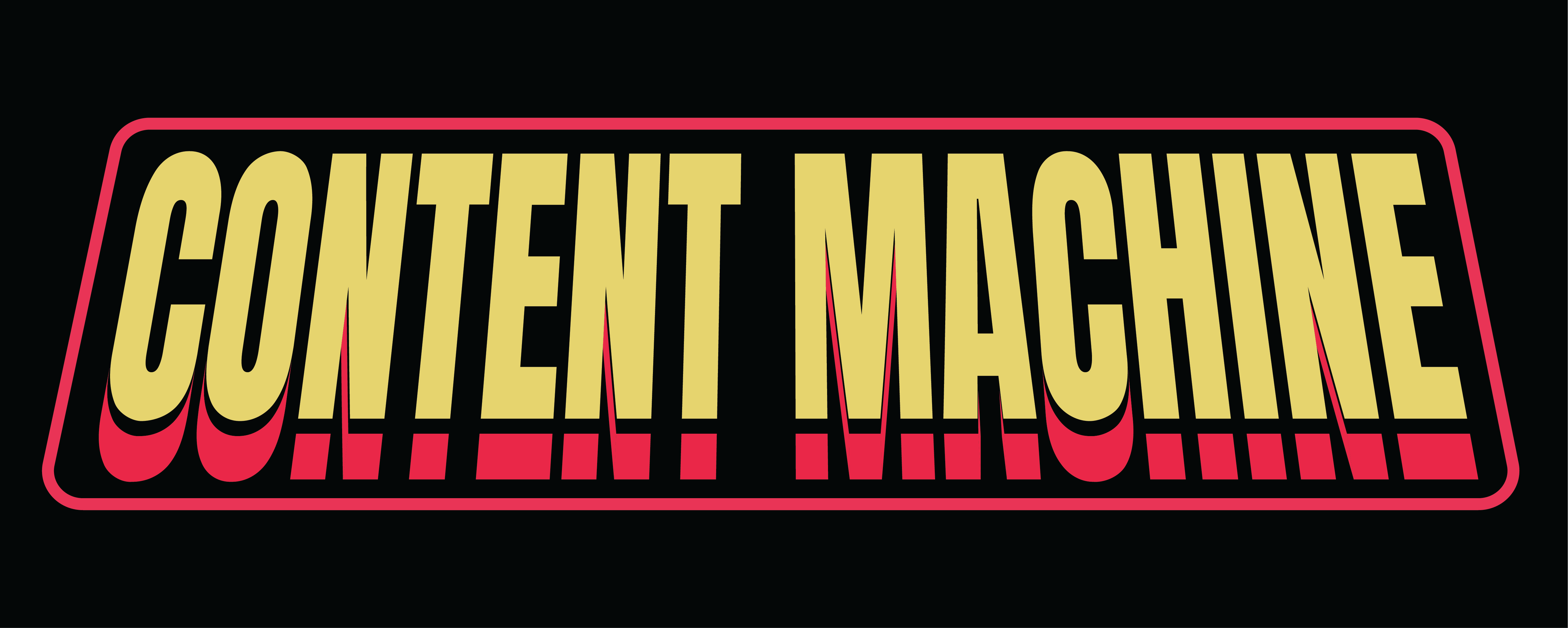If you have an Individual Retirement Account (IRA), you may be interested in an option to roll it over into a Health Savings Account (HSA). An HSA is a tax-advantaged account that you can use to pay for qualified medical expenses, and it can offer many benefits over a traditional IRA.
One of the primary benefits of rolling over your IRA into an HSA is the tax advantages. HSAs are triple-tax advantaged, meaning contributions are tax deductible, growth is tax-free, and withdrawals for qualified medical expenses are also tax-free. This can save you a considerable amount of money in taxes over time.
Additionally, funds in an HSA remain in the account indefinitely, unlike traditional IRAs, which require minimum distributions after age 72. You can continue to contribute to an HSA even after you retire, as long as you have a high-deductible health plan.
It’s essential to note that not everyone is eligible to roll over an IRA into an HSA. You must meet specific criteria, such as having a high-deductible health plan and no other health coverage. It’s also crucial to speak with a financial advisor to understand the potential risks and benefits before making the decision to roll over your IRA.
In summary, if you’re looking to maximize your tax savings and pay for medical expenses more efficiently, consider rolling over your IRA into an HSA. However, make sure to consult with a professional to ensure it’s the right choice for your financial situation.

